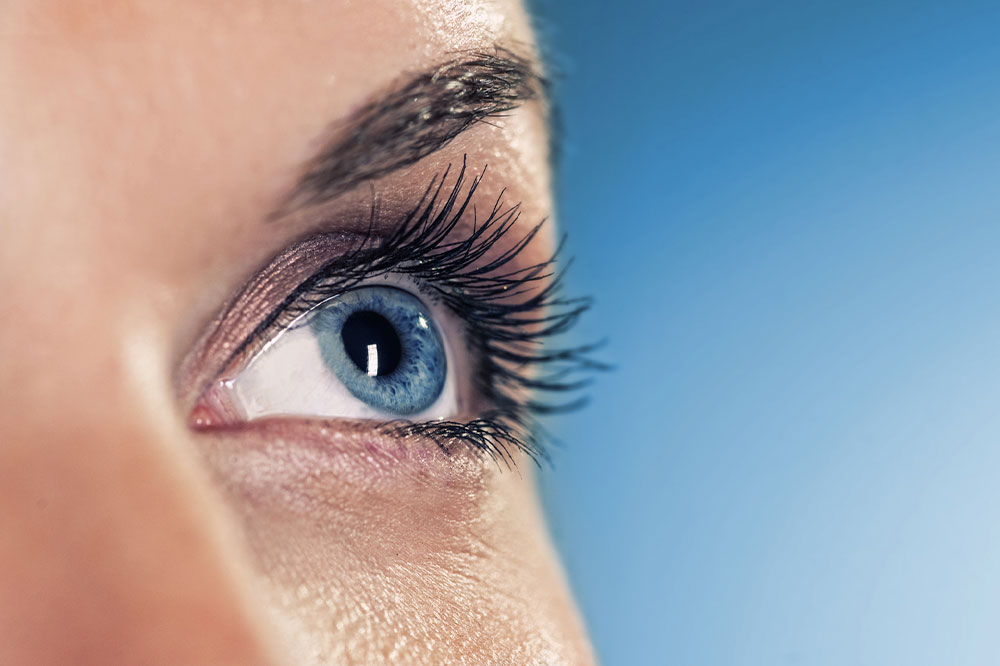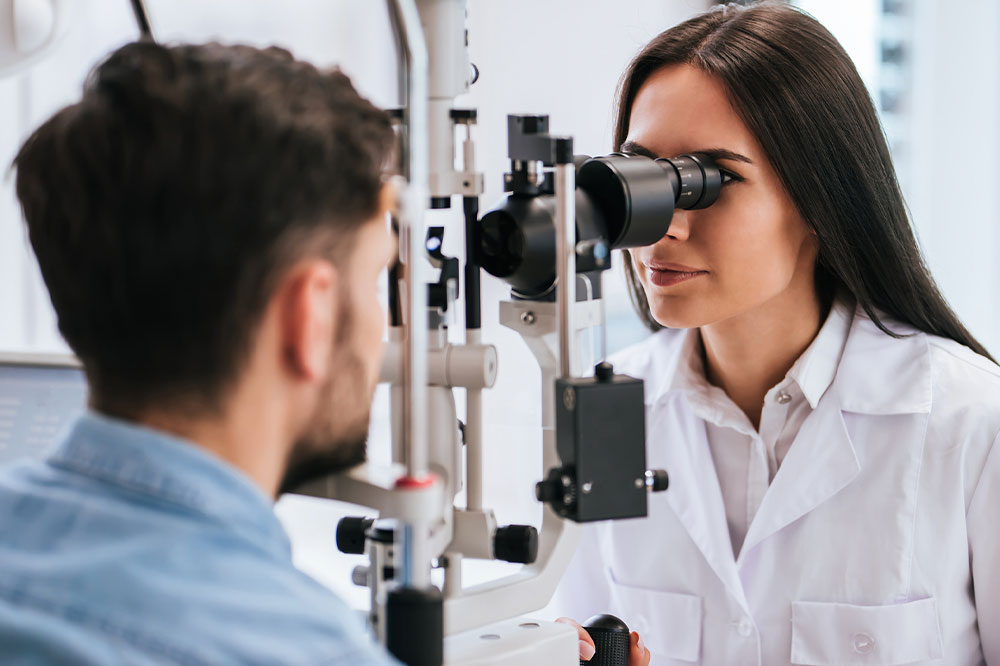10 myths about sunglasses that could damage your vision

Did you know that excessive exposure to harsh sun rays can aggravate the risk of eye diseases? However, the prevention is very straightforward. You can wear sunglasses, which block at least 99 to 100 percent of UVB and UVA radiation. However, there are several myths associated with eye health and sunglasses. So, today, we have taken it on ourselves to debunk the common myths about sunglasses, which may damage your eye health. Let’s address them below.
Expensive shades are better
A higher price tag is not indicative of a sunglass’s ability to shield you against harmful UVA and UVB rays. At times, even some affordable sunglasses can do a good enough job at offering good eye protection. So, before checking the price tag, read through the packaging label. It is good to go if it clearly states that the sunglasses can block 100 percent UVA and UVB rays, regardless of the price tag. Oakley has some of the best options you can try.
Sunglasses are only for sunny days
UV light can easily penetrate through the haze and the clouds. Irrespective of the season, you must wear sunglasses. Excessive sun exposure puts you at risk of cancer, cataracts, and growth in the eye.







